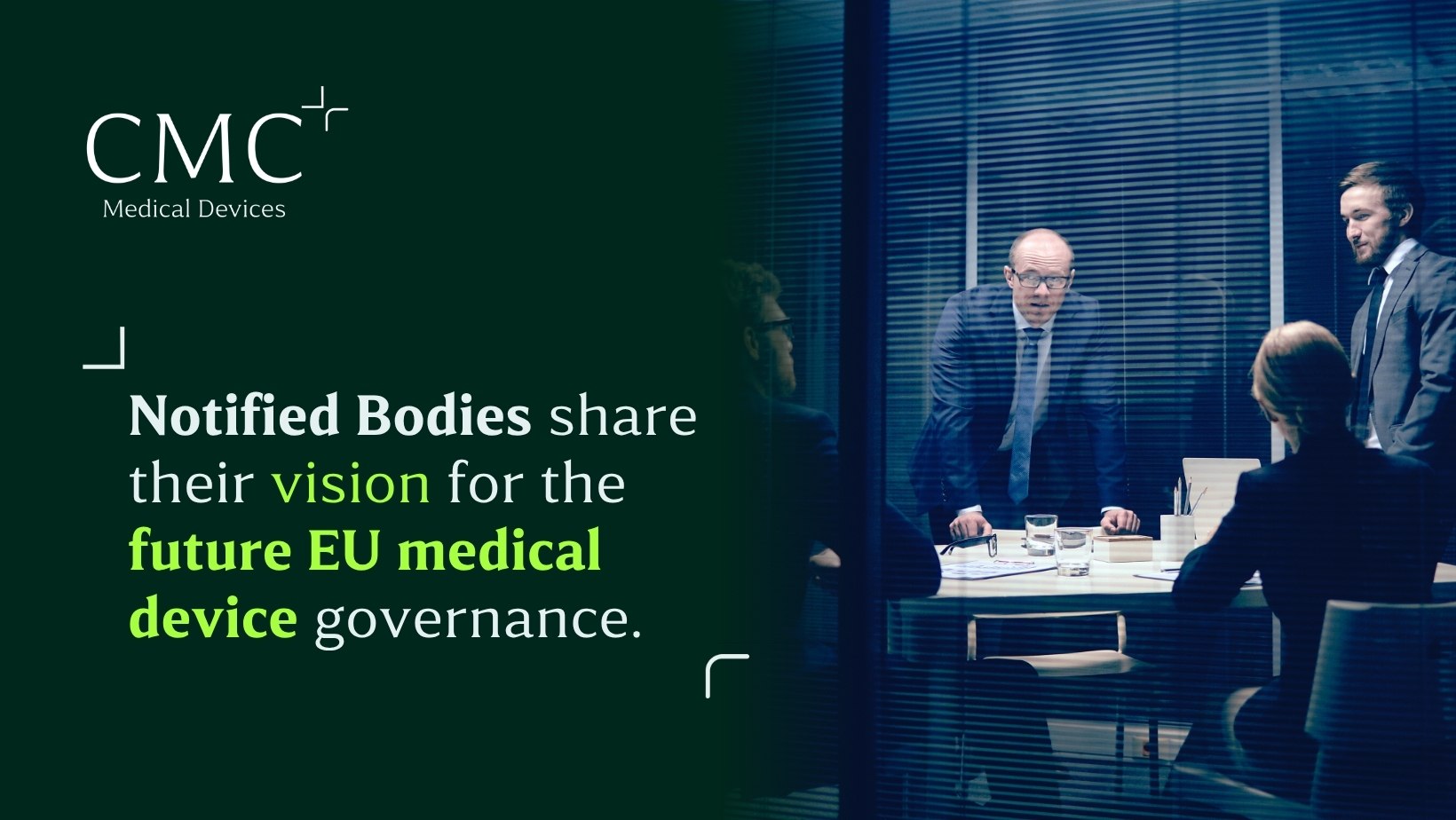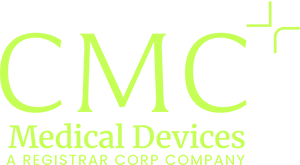A new vision for EU governance in the medical device sector: the Notified Bodies’ perspective
The European medical device regulatory framework is at a pivotal moment. Fragmentation, inconsistent implementation, and complex administrative procedures are undermining the intended goals of safety, innovation, and timely market access. In response, a collective of Notified Bodies, represented by NBCG-Med and Team-NB, has issued a proposal to reshape governance in the sector.
The document outlines a forward-looking model built on stronger coordination, centralized support, and sustainable infrastructure, while preserving the vital role of Notified Bodies in ensuring clinical, technical, and regulatory integrity.
The proposal: a central Medical Device Coordination Office (MDCO)
At the core of the proposed model is the creation of an EU-level authority: the Medical Device Coordination Office (MDCO). This structure would not replace existing bodies but streamline and reinforce them. Its responsibilities would include:
- Coordinating designation, monitoring, and reassessment of Notified Bodies;
- Overseeing classification and qualification decisions;
- Developing technical and clinical guidance, including Common Specifications;
- Managing consultation procedures with expert panels, EU reference labs, and other authorities;
- Facilitating special pathways and early advice for high-priority or innovative devices;
- Maintaining a centralized repository of scientific and clinical evidence;
- Acting as the secretariat for MDCG and its working groups.
The MDCO is envisioned as a single, coherent point of coordination—improving consistency and reducing duplication across the EU regulatory landscape.
Notified Bodies: assessors and strategic partners
Notified Bodies are positioned not only as conformity assessment entities, but as essential contributors to the regulatory ecosystem. With more than 6,200 professionals across the EU—including over 3,700 technical experts and 900 clinicians—their insight is deeply rooted in real-world practice.
Their involvement in early dialogue, guidance development, and classification decisions is seen as crucial for bridging the gap between regulation and clinical and technological realities. The proposal also emphasizes expanding the strategic role of NBCG-Med, the formal coordination platform for Notified Bodies, to support harmonized implementation and contribute to high-level planning.
Special Pathways and Early Advice: structured support for innovation
Among the most notable elements of the proposal is the creation of two flexible regulatory mechanisms:
- Special Pathways, designed for devices targeting unmet needs (e.g., paediatric, orphan, or breakthrough technologies), allowing for adapted pre-market requirements and reinforced post-market surveillance
- Early Advice Pathway, enabling manufacturers to request formal scientific and clinical input at an early stage, with oversight from MDCO-coordinated expert groups
Both processes would be governed by a dedicated working group made up of national competent authority experts, ensuring consistent decision-making across the EU.
Toward a more cohesive and evidence-based system
The final recommendation advocates the development of a centralized, MDCO-managed repository of clinical and scientific evidence. This would facilitate proportionate assessments, support the work of expert panels, and ensure a shared foundation for regulatory decisions.
By leveraging the established expertise of Notified Bodies and enhancing central coordination, this governance model aims to deliver a more responsive, transparent, and innovation-oriented EU medical device framework, without compromising scientific rigour or patient safety.
Need guidance on navigating EU regulatory developments? Contact us for tailored support.





